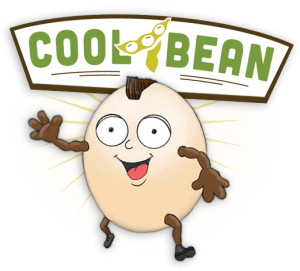Early Planted Soybeans Starting to Bloom
I spotted my first soybean flower yesterday at the Janesville, WI variety trial site which was planted May 4th. As we enter the soybean reproductive growth phase there are a few things to keep in mind. The first is that soybean will produce flowers for ~3 to five weeks, depending upon planting date and environment. Soybean will abort anywhere from 20 to 80% of the flowers that they produce. Generally it is the first and last flush of flowers produced that are most likely to be aborted.
Second of all the timing window for our glyphosate applications in soybean are quickly closing.
“Monsanto has clarified the definition of “throughout flowering” in regard to the latest stage that glyphosate can be applied to glyphosate-resistant soybean. Soybean flowering is defined as the R2 growth stage. The R3 growth stage begins when one of the four top nodes with a fully developed leaf has a 3/16 inch long pod. With this definition, glyphosate can be applied through the R2 growth stage, but not after the R3 stage begins. Applications made after the R3 stage are off-label applications.”
On average it takes ~ 4 days to move from R1 (beginning flower) to R2 (full flower) and ~10 days from R2 to the start of R3 (beginning pod). That means we have ~2 weeks for glyphosate applications to occur.
Next, wheel track damage made from ground applications may start to reduce yield. Sprayer wheel traffic from first flower (R1) through harvest can damage soybean plants and reduce yield (Hanna et al. 2008). Our research suggests that an adequate soybean stand (more than 100,000 plants per acre) planted in late April though mid-May can compensate for wheel tracks made when a field is sprayed at R1. Yield loss can occur, however, when wheel tracks are made at R1 or later in thin soybean stands (less than 100,000 plants per acre) or late planted soybeans. Regardless of stand, plants could not compensate for wheel tracks made at R3 (early pod development) or R5 (early seed development). The average yield loss per acre is based on sprayer boom width (distance between wheel track passes). In our trials yield losses averaged 2.5, 1.9, and 1.3% when sprayer boom widths measured 60, 90, and 120 foot, respectively. Multiple trips along the same wheel tracks did not increase yield loss over the first trip.
Lastly, for white mold questions please refer to the following information: White Mold in Soybean in 2010: Factors to Consider


